UAE IVF Success Rates (2025): A Complete Guide for Patients
.png)
Answering the question, "What is the success rate of IVF in the UAE?" requires a look beyond a single number into the various factors that define success in fertility treatment. The United Arab Emirates has firmly established itself as a global leader in reproductive medicine, with success rates that are among the best in the world. As of early 2025, the IVF success rate in the UAE for women under 35 can be as high as 60%, with official reports from Abu Dhabi citing an overall success rate of over 51% for all age groups in 2024, resulting in 695 live births.
This remarkable achievement is a testament to the nation's investment in advanced technology, highly skilled specialists, and a robust regulatory framework. This blog post will provide a comprehensive overview of IVF success rates in the UAE, breaking down the statistics by age, explaining how success is truly measured, and exploring the key factors and advanced treatments that contribute to these world-class outcomes.
How is IVF Success Actually Measured?
"The most important measure of IVF success is the 'live birth rate,' which is the percentage of all IVF cycles that result in the birth of a baby. While clinics may also cite 'clinical pregnancy rates' (a fetal heartbeat on an ultrasound), the live birth rate is the true indicator of a successful outcome."
It is essential for prospective patients to understand this distinction. A positive pregnancy test (biochemical pregnancy) or even the confirmation of a fetal heartbeat (clinical pregnancy) is a significant milestone, but unfortunately, not all of these pregnancies are carried to term. The live birth rate provides the most transparent and meaningful statistic. When consulting with fertility clinics in the UAE, you should always ask for their age-specific live birth rates per embryo transfer to get the most accurate picture of your potential for success.
What is the IVF Success Rate by Age in the UAE?
"The success rate of IVF in the UAE is highly dependent on the woman's age. For women under 35, the live birth rate per IVF cycle is between 50% and 60%. This rate decreases to approximately 30-40% for women aged 35-39 and typically falls to 20% or less for women over 40."
Age is the most critical factor influencing IVF outcomes because a woman's egg quality and quantity naturally decline over time. The statistics from leading fertility centers across Dubai and Abu Dhabi reflect this global trend.
-
Under 35: 50% - 60%
-
35 - 37: 30% - 40%
-
38 - 40: 20% - 30%
-
Over 40: 10% - 20%
These figures are a guide, and a reputable clinic will provide a personalized assessment based on your specific health profile, including ovarian reserve tests.
What Other Factors Influence IVF Success in the UAE?
"Beyond age, IVF success is influenced by the quality of the embryology lab, the expertise of the medical team, the underlying cause of infertility, and various lifestyle factors such as weight, diet, and smoking."
The UAE is home to some of the most advanced fertility clinics in the world, with state-of-the-art laboratories that significantly impact the chances of success. The skill of the embryologist in handling eggs, sperm, and embryos is paramount. Furthermore, lifestyle factors prevalent in the region, such as high rates of obesity, diabetes, and vitamin D deficiency, can affect fertility. A comprehensive approach that addresses these factors is crucial.
How is Male Infertility Addressed to Ensure High Success Rates?
"Male factor infertility contributes to nearly 40-50% of all infertility cases. In the UAE, advanced techniques like Intracytoplasmic Sperm Injection (ICSI) are standard practice in most IVF labs, allowing for high fertilization rates even with severe male infertility."
Clinics in the UAE are highly experienced in diagnosing and treating male infertility. After a detailed semen analysis, if issues like low sperm count, poor motility, or abnormal morphology are found, ICSI is typically used. This involves injecting a single healthy sperm directly into the egg. For men with no sperm in their ejaculate (azoospermia), advanced surgical sperm retrieval techniques (such as TESA or Micro-TESE) can be performed to extract sperm directly from the testes. These technologies ensure that male infertility does not have to be a barrier to a successful IVF outcome.
What Advanced Technologies Are Used in UAE Clinics?
"Top fertility clinics in the UAE utilize a suite of advanced technologies to improve success rates, including Preimplantation Genetic Testing (PGT), AI-powered embryo selection, and Endometrial Receptivity Analysis (ERA)."
The UAE's commitment to innovation is evident in its fertility clinics.
-
Preimplantation Genetic Testing (PGT): This technique screens embryos for chromosomal abnormalities before they are transferred to the uterus. This is particularly beneficial for older women or couples with a history of genetic disorders or recurrent miscarriages, as it increases the likelihood of a healthy, successful pregnancy.
-
Artificial Intelligence (AI): Cutting-edge clinics are now using AI algorithms to analyze thousands of data points from developing embryos to select the one with the highest potential for implantation, further enhancing success rates.
-
Endometrial Receptivity Analysis (ERA): For patients who have experienced repeated implantation failure, ERA can identify the precise optimal window for embryo transfer, personalizing the treatment for a better chance of success.
How Does the UAE's Legal Framework Support IVF?
"The UAE's Federal Law No. (7) of 2019 Concerning Medically Assisted Reproduction provides a clear and supportive regulatory framework for IVF treatment. This law ensures high standards of care and permits crucial procedures like the freezing of embryos."
This robust legal framework, overseen by the Ministry of Health and Prevention (MOHAP) and local bodies like the Dubai Health Authority (DHA), ensures that all clinics operate ethically and to the highest international standards. A key provision of the law allows for the cryopreservation (freezing) of surplus healthy embryos for up to five years, which is extendable. This allows couples to have subsequent frozen embryo transfers without undergoing the full ovarian stimulation process again, making future attempts less invasive and more cost-effective.
What is the Cost of IVF in the UAE?
"The cost of a single IVF cycle in the UAE generally ranges from AED 25,000 to AED 50,000. The final cost depends on the specific clinic, the required medications, and whether advanced procedures like PGT or ICSI are necessary."
While IVF is a significant financial commitment, the pricing in the UAE is competitive, especially given the high level of technology and expertise offered. A standard IVF package typically includes consultations, monitoring, egg retrieval, and embryo transfer. Costs for medication can range from AED 5,000 to AED 15,000. Additional advanced procedures will increase the total cost; for example, PGT can add AED 10,000 to AED 20,000. It is essential to obtain a detailed and transparent cost breakdown from your chosen clinic before beginning treatment.
Ready to explore world-class fertility solutions in the UAE? Explore PlacidWay for top-rated IVF clinics and personalized healthcare packages tailored to your needs.
?

.png)


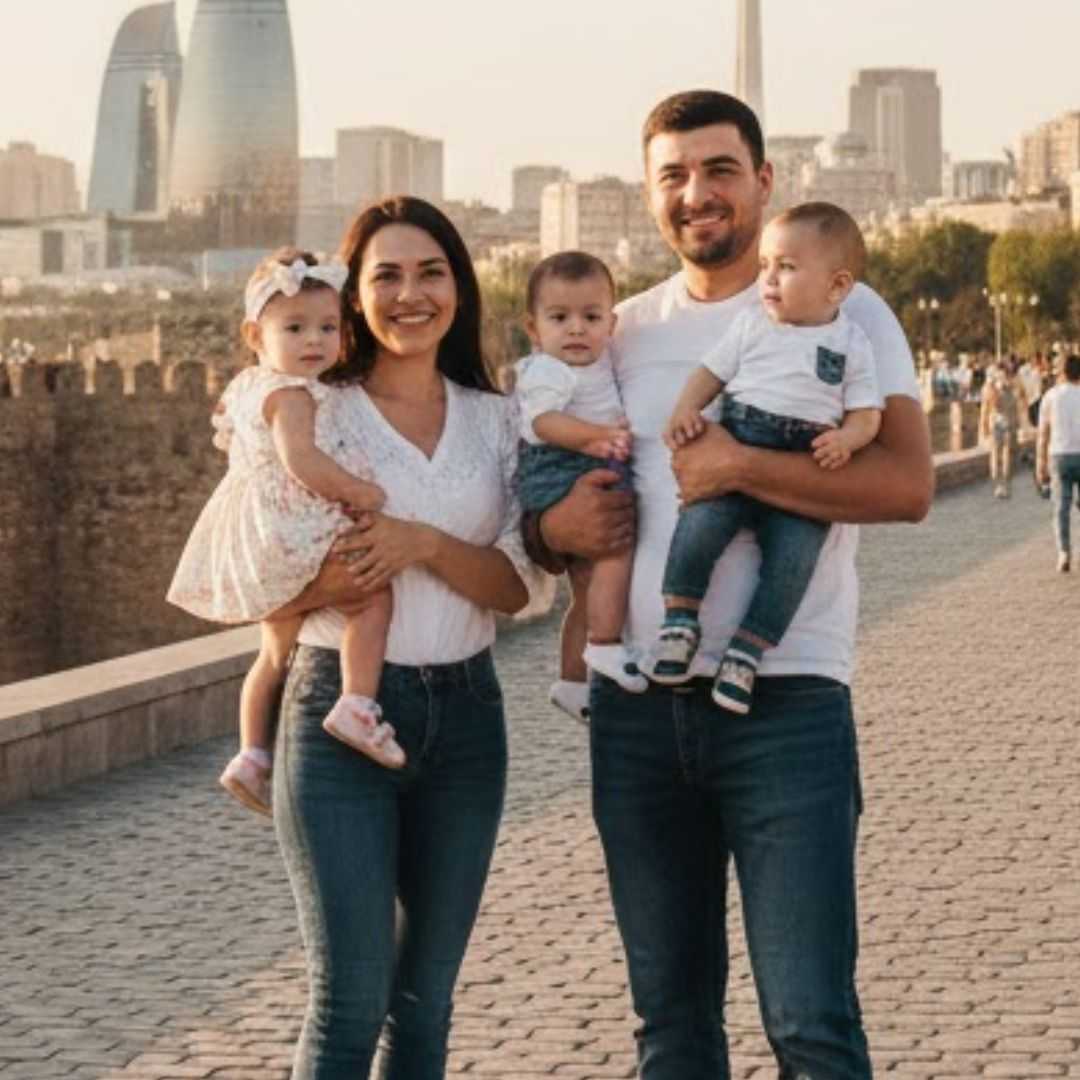





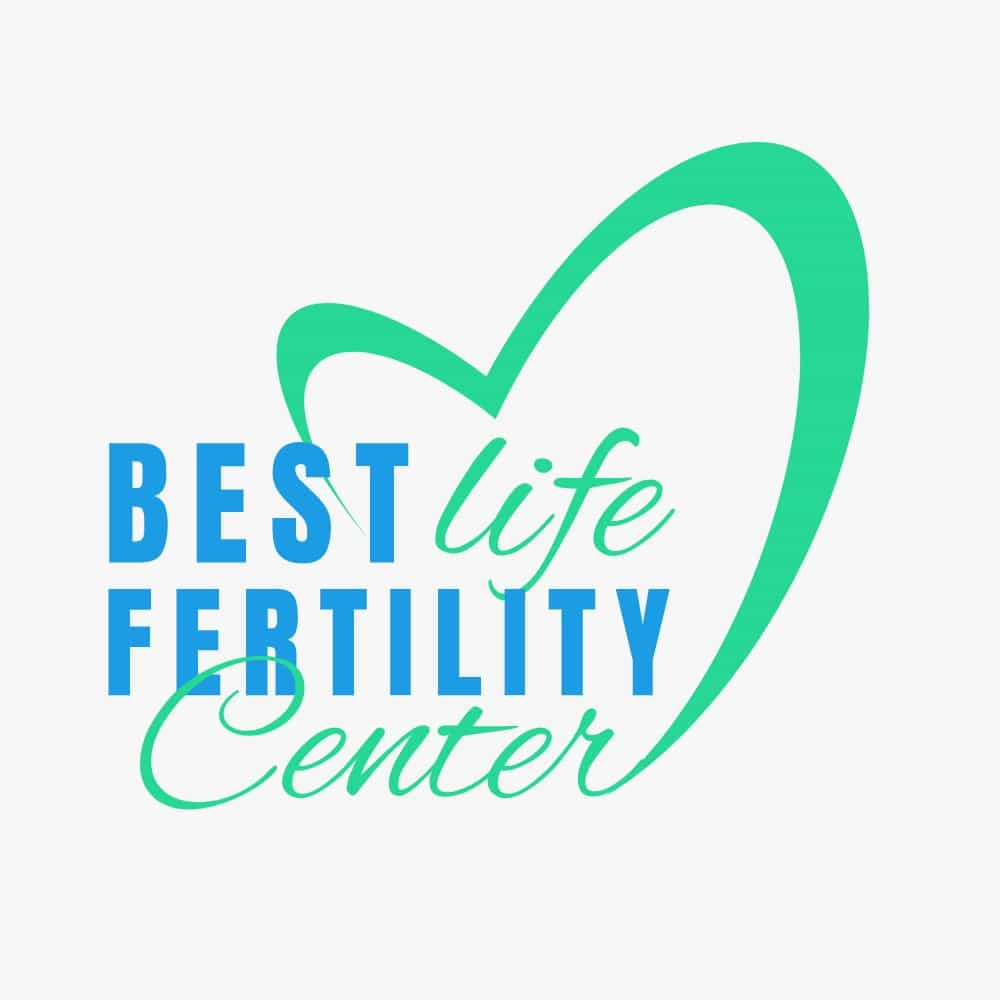
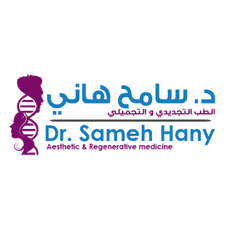
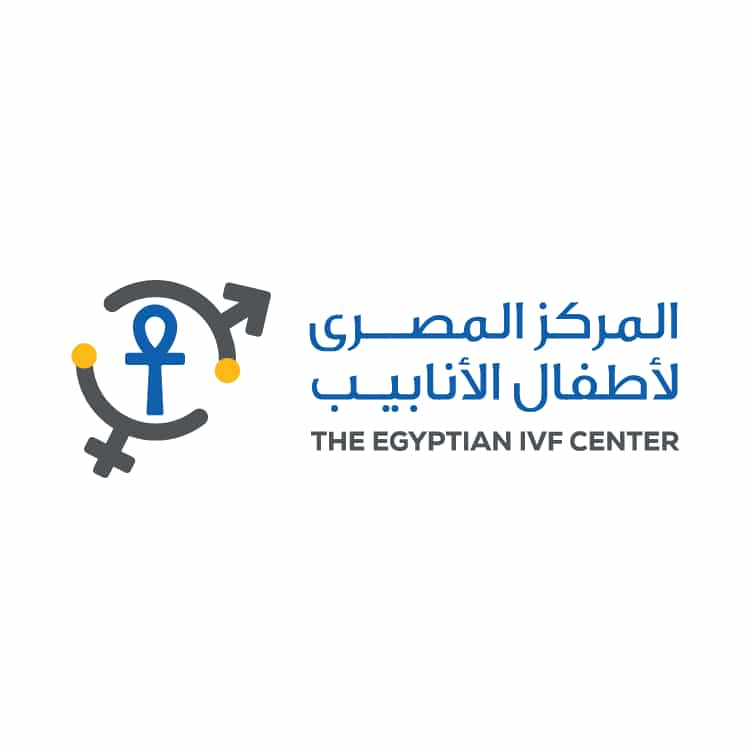
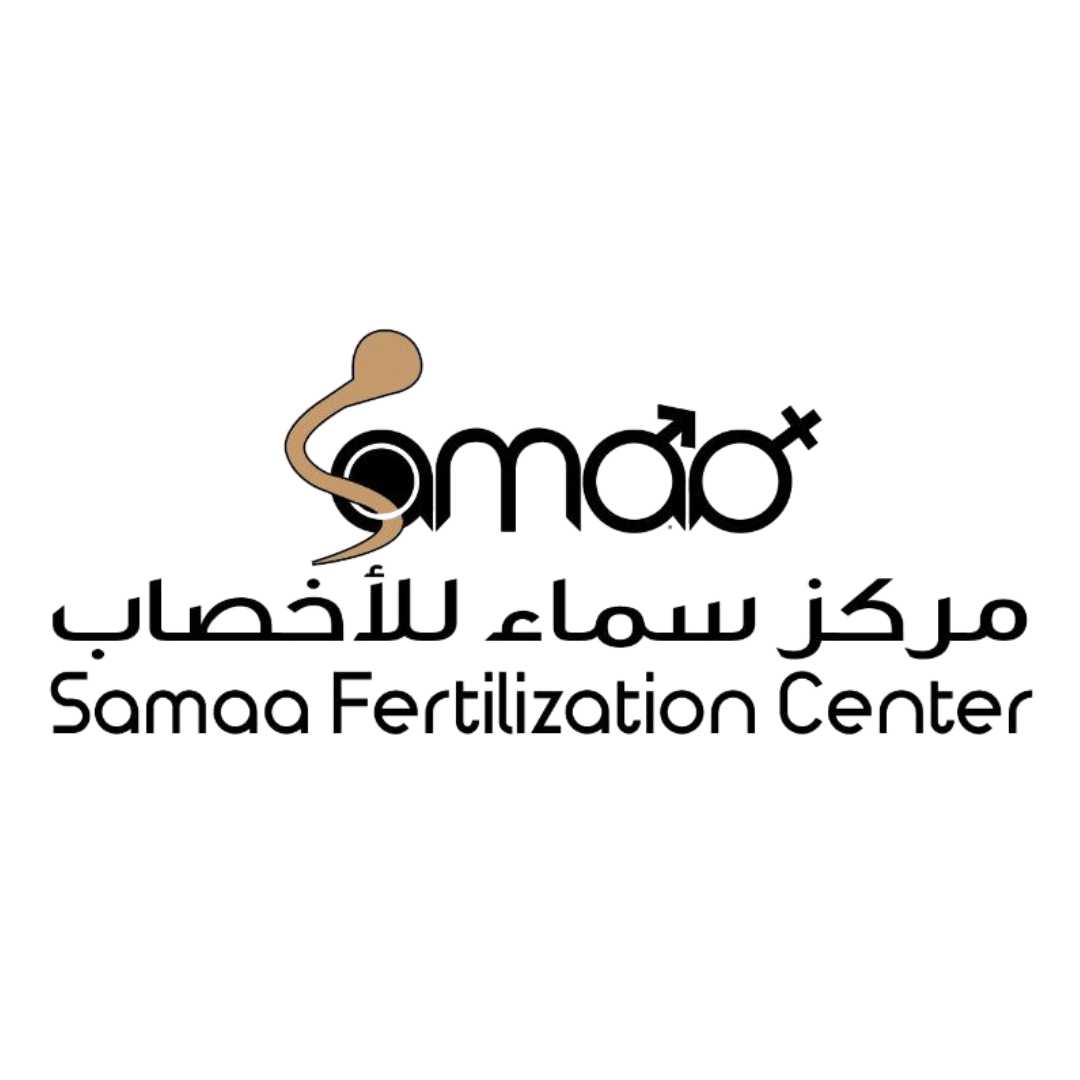
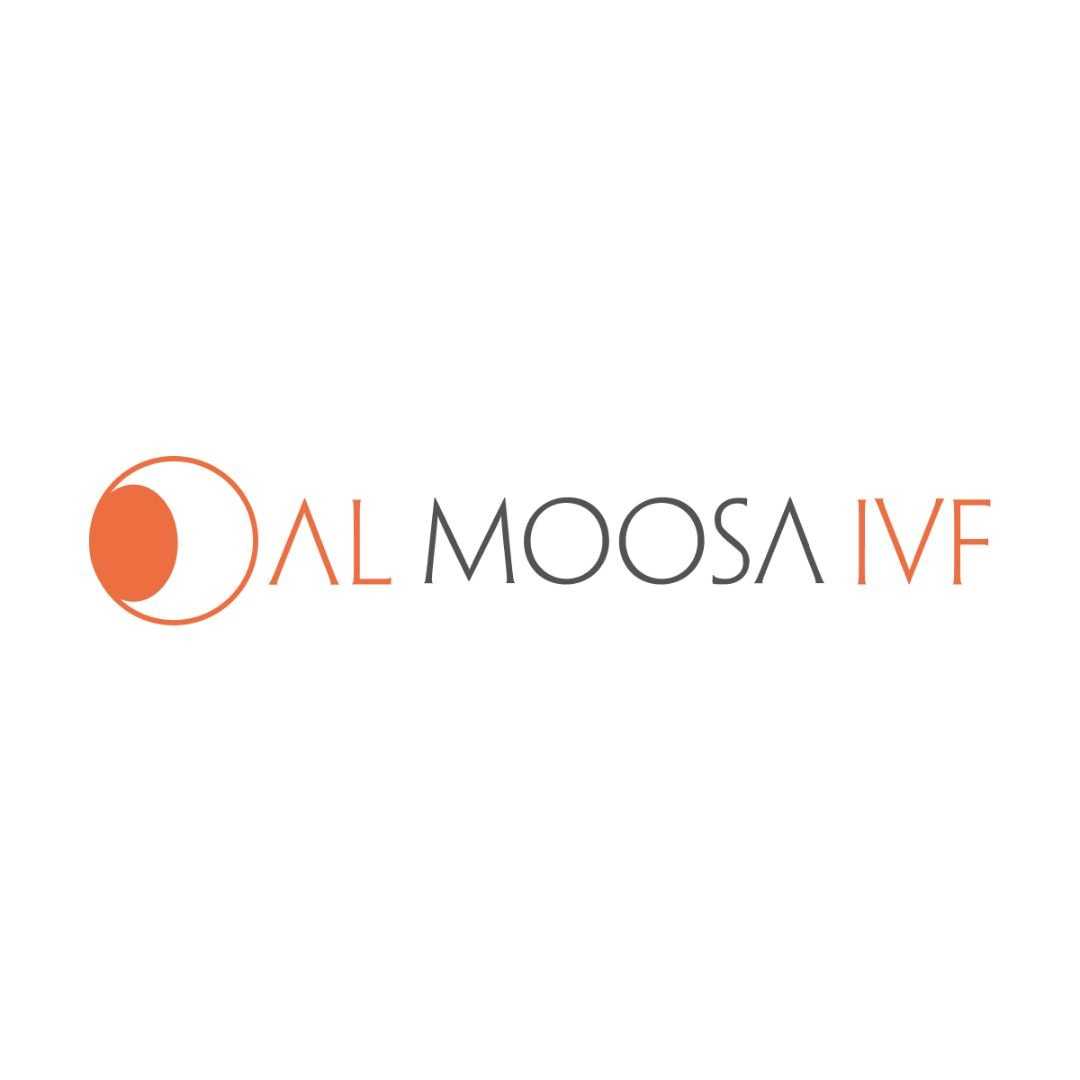

Share this listing